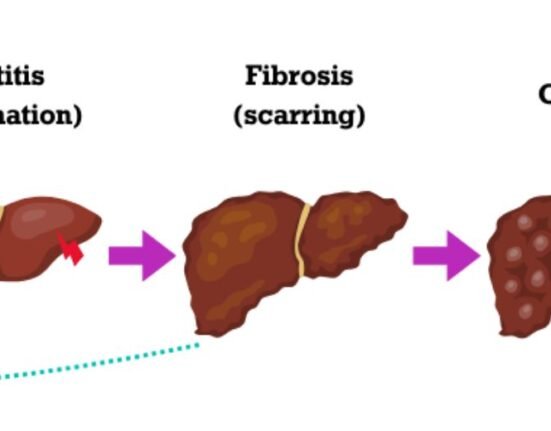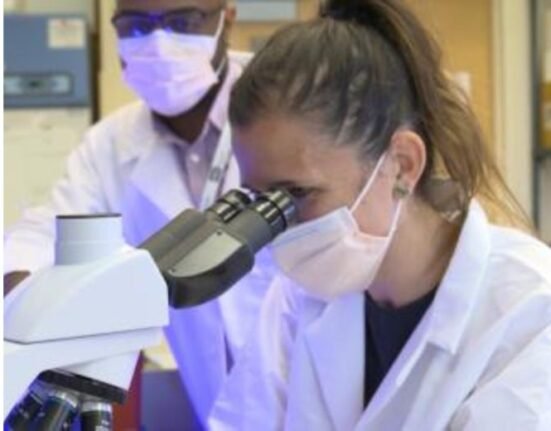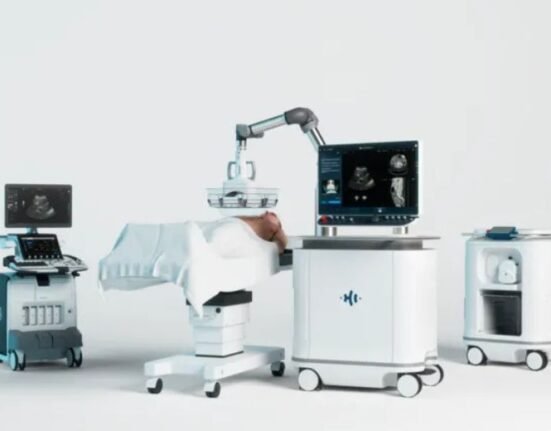HQ Team
July 17, 2024: The US drug regulator, FDA, did not have an organizational structure or assigned responsibilities to handle whistleblower complaints “efficiently and effectively” and took more than 15 months to address a February 2021 Abbott facility whistleblower complaint, according to a federal audit.
“FDA had inadequate policies and procedures or lacked policies and procedures to identify risks to infant formula and respond effectively through its complaint, inspection, and recall processes,” the audit conducted by the Department of Health and Human Services released this month stated.
Starting late winter in 2021 and early spring in 2022 the US experienced a huge shortage of infant formula after Abbott facility in Michigan, which accounts for 40% of the formula market in the country, shuttered. The move followed children falling sick with Cronobacter sakazakii, a germ that can live in dry foods like powdered infant formula.
The company had issued a voluntary recall of many of its products, including Similac, Alimentum and EleCare. Though the bacteria was found in the factory and not in the baby formula, the FDA was unable to match the positive samples to the illnesses.
October 2021 complaint
The FDA did not escalate another October 2021 whistleblower complaint to senior leadership, resulting in a nearly four-month delay before senior leadership was aware of the complaint., the audit found.
“We also found that the FDA did not have policies and procedures to establish timeframes for the initiation of mission-critical inspections, which contributed to one inspection being initiated 102 days after a whistleblower complaint was received.
“Further, the FDA did not have sufficient policies and procedures on how to initiate an infant formula recall under its FDA-required recall authority,” according to the statement from the Office of Inspector General, Department of Health and Human Services.
The FDA created a Consumer Complaints and Inquiries Working Group in February 2023 and three associated workstreams to analyse the business processes and systems associated with the receipt of complaints. It has also explored opportunities to improve interoperability between technological systems or develop a single system that can receive, track and process complaints.
Require additional funding
While there was significant support for this kind of endeavour, additional funding would be necessary to implement such an effort, according to a December 2023 statement from the regulator.
The Food and Drug Administration had warned consumers not to use certain powdered infant formula products from Abbott Laboratories’ production facility in February 2022. Abbott voluntarily ceased production at the facility and initiated a voluntary recall of certain infant formula products while FDA inspected the facility prompted by several consumer complaints and a whistleblower complaint that alleged a series of safety concerns at the facility, the audit showed.
“In prior work, the Office of Inspector General identified problems with the FDA’s inspections of domestic food facilities and its oversight of food recalls. We initiated this audit to examine the FDA’s oversight of infant formula,” according to the report.
The federal agency made nine recommendations to the FDA, including that it maintain the National Consumer Complaint Coordinator’s continuity of operations by cross-training staff on whistleblower policies and procedures and duties.
It urged the FDA to develop and implement policies and procedures requiring periodic reporting to senior leadership on the status of open whistleblower complaints and develop policies and procedures that the FDA can use during future public health emergencies to identify how and when it is necessary to conduct mission-critical inspections and ensure that they are conducted promptly.
21-day deadline
The agency also suggested the FDA design and implement policies and procedures specific to the use of its FDA-required infant formula recall authority.
The FDA has created a new policy across the agency that generally requires triage and expedited initial action on complaints from whistleblowers and confidential sources, according to the FDA statement.
Under the new policy, centres and offices are required to gather available information about such complaints within 21 business days of the FDA’s initial receipt, and then management will have 3 business days to review and determine the next steps.
The FDA also established a Work Group that examined current authorities, tools and resources to conduct remote oversight, and options for strengthening these capabilities going forward.








